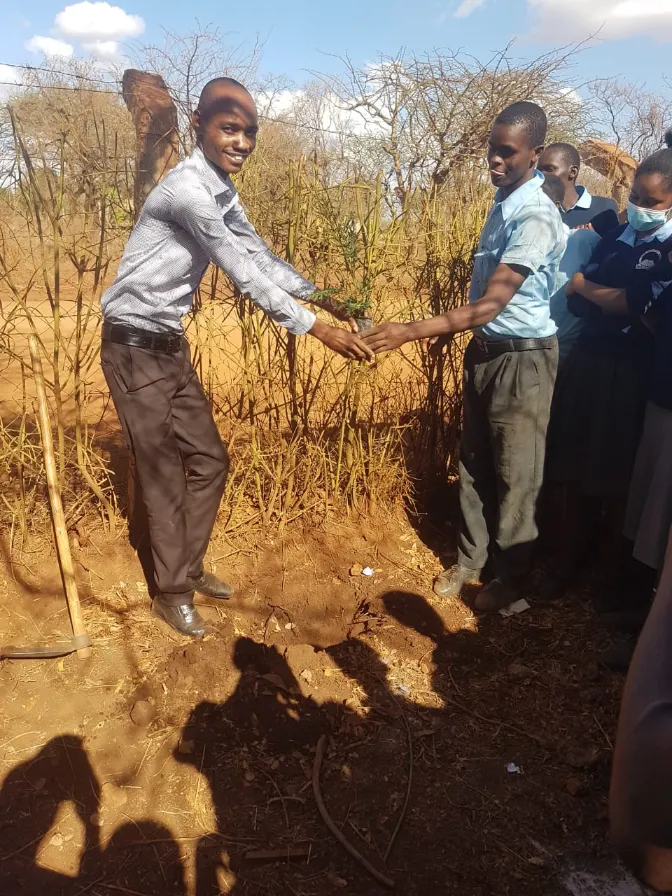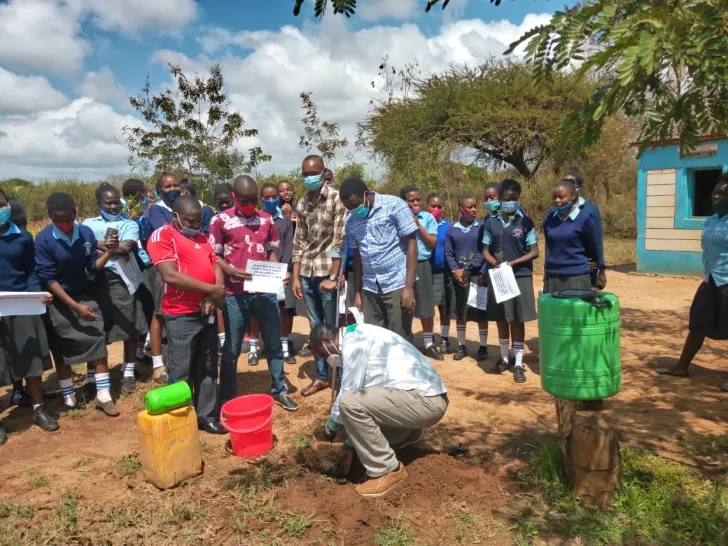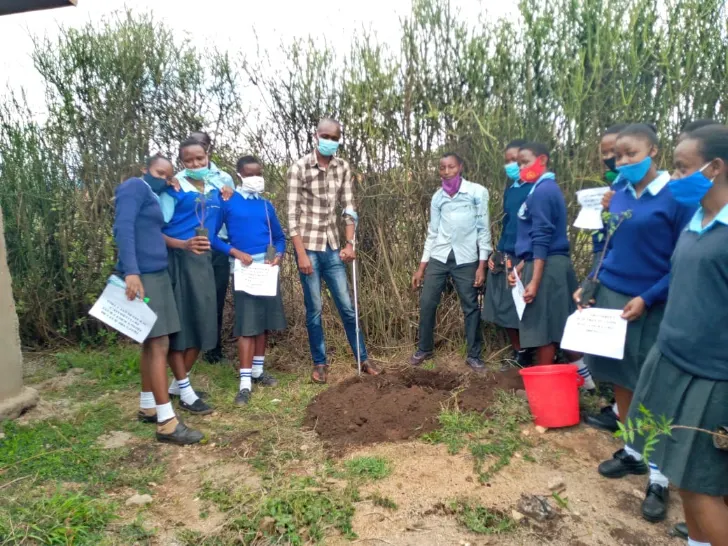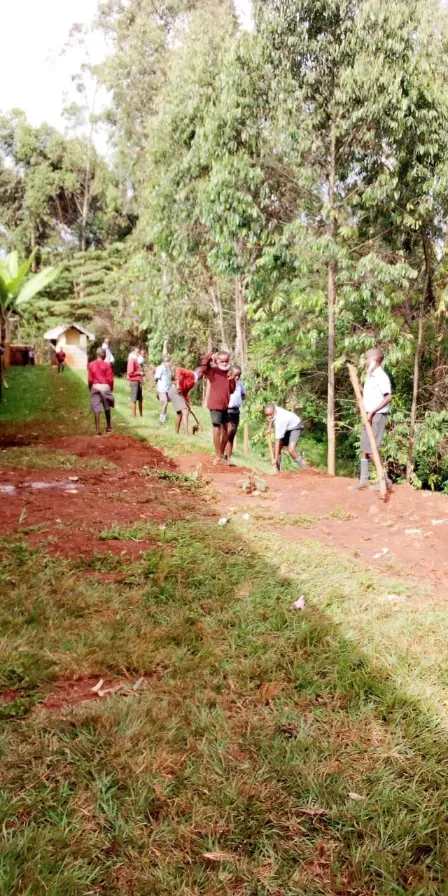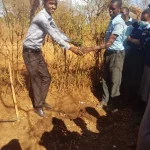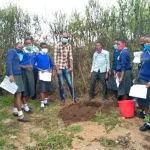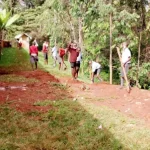Teacher: Felix Malombe

Felix Malombe
Felix is an esteemed educator with 11 years of teaching experience, specialising in STEAM, Computer Science, and Mathematics for students aged 6 to 18. He was a finalist for the Africa Education Medal and recipient of the Gold Award for STEAM Curriculum Design, his innovative teaching methods transcend boundaries. Felix is a leading EdTech expert, who champions sustainability and service learning. His commitment to transforming education led to him founding STEAMLabs Africa to bridge the gap in 21st-century skills. He is passionate about empowering youth and his legacy lies in shaping young minds for a brighter, more technologically adept future.
Usefull links related to the Solution
Overview
The Generation Earthshot project engaged children and teens in addressing five ‘Earthshot’ challenges that link to The Earthshot Prize; build a waste free world, fix our climate, protect and restore nature, revive our oceans, and clean our air. It tapped into their creativity, providing teachers with a toolkit to guide students in developing innovative solutions. The initiative trained Kenyan teachers to implement the toolkit and in doing so empowered young people to develop their own localised solutions before taking action. It aimed to cultivate a generation actively contributing to environmental solutions where they live.
Theory of Change
By emphasizing the role of education and collaboration the project aims to address issues such as Kenya’s severe decline in forest and tree cover (notably impacting areas such as the Mau Forest) and resulting compromised water catchment capabilities.
Training teachers to use a toolkit that takes students through a process of defining a problem, generating ideas and creating a solution to those problems has the effect of bringing young people together with adults. Teachers take on a new role of innovation facilitator, working as collaborators with young people to brainstorm and implement solutions for community challenges that are collectively identified. This develops critical student agency.
In the short term, the project heightens awareness and action among students and communities. In the longer term, this learning will contribute to a lasting culture of shared environmental stewardship which will support gradual forest and tree cover recovery.
Approach and Actions
The project, led by Felix, came about through a collaboration between the World’s Largest Lesson Team, global educators, and STEAMLabs Africa. An online Innovation Toolkit was co-produced which contains lesson plans and resources for teachers and students to use to teach climate change topics. The team then trained 569 teachers to use the Innovation Toolkit. The teachers then used the toolkit to facilitate extracurricular learning in their schools.
The toolkit uses a design thinking approach to deliver creative problem-solving skills to the students. Students are encouraged to take ownership of local environmental issues, seeking to raise awareness and find tangible solutions to the problems. The activities for ideation encourage students to think broadly to find solutions and make them as impactful as possible.
As a result of their creative thinking students undertook diverse activities such as tree planting, community education on climate change effects, and collaborative campaigns for climate action. Leveraging mediums like social media, speeches, and formal letters, they amplified their message, creating their own education resources and advocacy campaigns that expanded the project’s influence.
This collaboration exemplifies how unified efforts can yield a positive global impact. Educators and students collaborated, learning about climate change, taking substantive action. Through the collaboration with The Earthshot Prize their impact was shared helping to inspire others beyond Kenya.
Impact
The multiplier effect of teacher training led to the involvement of 20,000 students nationwide. Short-term gains include igniting youth awareness and fostering a sense of responsibility toward the environment and the impact of climate change in Kenya. In the long term, the project instilled a mindset shift from passive to active participation in addressing environmental challenges, a commitment to sustainable practices, and the agency to make change.
The project fostered collaboration among educators, organizations, and youth, setting a precedent for scalable, community-driven initiatives. Moreover, it highlighted the immense potential of youth-led action, inspiring other communities to leverage their young people’s creativity for positive global change.
The project stands as a testament to the transformative power of education in our shared fight against climate change and environmental destruction.
